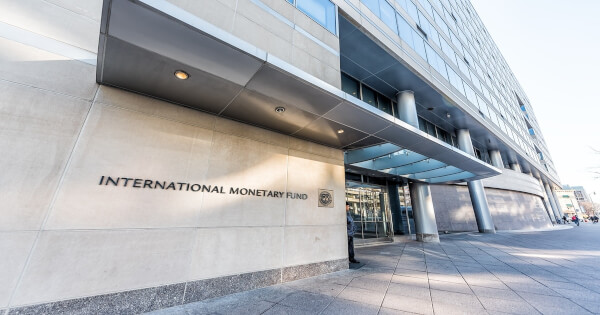The International Monetary Fund (IMF) issued a serious warning about the impact of artificial intelligence (AI) on the global employment market. In a recent report, the IMF estimated that around 40% of jobs globally could be affected by AI, with this figure rising to 60% in developed countries such as the UK.
Reorganizing the nature of work
Historically, automation and information technology have primarily affected routine tasks. But the potential of AI extends to high-skill jobs, bringing both risks and opportunities. About half of jobs in developed countries could see productivity gains from AI integration, while the other half face the threat of AI applications executing tasks currently performed by humans. This can lead to reduced demand for labor, lower wages and, in extreme cases, job loss.
inequality problem
One of the biggest concerns is the growing inequality of income and wealth. AI could lead to polarization within income groups. Workers who are adept at utilizing AI may see their productivity and wages increase, while others may be left behind. Younger workers may find it easier to adapt to the opportunities presented by AI, but older workers may find the transition difficult.
global gap
The impact of AI is expected to be less severe in emerging markets and low-income countries, where approximately 40% and 26% of jobs are expected to be affected, respectively. However, these regions may not have the infrastructure or skilled workforce to fully leverage the benefits of AI. This raises the risk that AI may worsen inequality between countries over time.
Policy response and preparation
To address these challenges, IMF Managing Director Kristalina Georgieva emphasizes the need for comprehensive social safety nets and retraining programs for workers vulnerable to job displacement by AI. The IMF developed an AI Readiness Index to help countries assess their readiness in digital infrastructure, human capital, labor market policies, and other areas. regulation. Wealthy economies tend to be better prepared for AI adoption, but there are significant differences across countries.
immediate impact
As early as 2024, the impact of AI on employment is already becoming visible. Companies like Google and Paytm have reported layoffs and some of these changes have been attributed to the integration of AI tools. This highlights the urgent need for a proactive global strategy to explore the transformative impact AI will have on the workforce.
conclusion
As the AI era unfolds, it is important for countries to establish policies that not only leverage the benefits of AI, but also mitigate its potentially disruptive impact on the job market. The IMF’s warnings and recommendations highlight the need for a balanced approach to ensure AI’s integration into the global economy to the benefit of humanity as a whole.
Image source: Shutterstock

